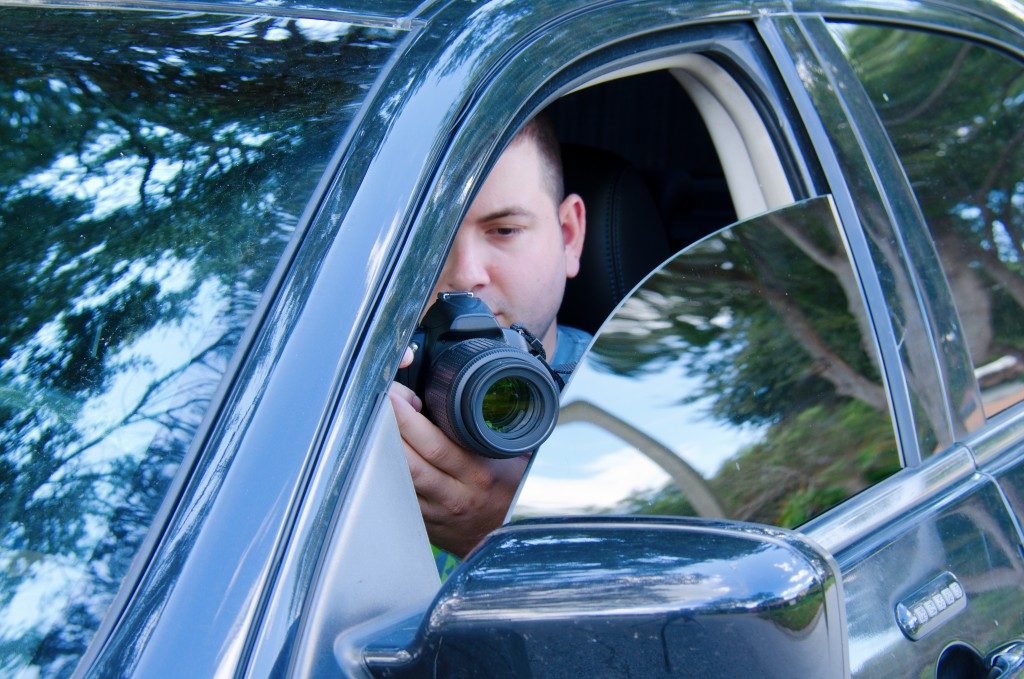As working professionals, one of the best things that we can do is to become lifelong learners. There’s no reason we have to stop learning the minute we graduate from our formal education. We can gain more skills through workplace training programs. They can help us build our capacity and set our future in the career paths that we’ve chosen. We can always take a stab at short courses that are readily available online. If not for free, then they usually come at a very fair price.
But gaining more skills through adult education can contribute so much more than our careers. It can also contribute to our work as active and proud members of our communities. It can help us mobilize our peers, create lasting change in our chosen advocacies, and promote the collective leadership rooted in collaboration. These are the skills that we have to help us with our activities with our fellow community members.
Research and Writing
Community activities come in many ways. We can volunteer at the animal shelter and help take care of the stray animals who need loving homes. We can spend some of our weekends in soup kitchens, helping feed our communities’ indigent people. But our work for our communities can go so much more than that. It starts with research. We have to understand the root causes and impact of the issues that we are concerned with.
For example, if we want to improve the educational outcomes of our communities, we need to be able to understand the education policies that affect the capacity of the students and teachers. We need to be able to see what are the driving forces that lag the success in classrooms. This is where our research skills will come to play.
Our skills in writing will go a long way here as well. It’s not enough that we can research and understand our advocacies. We need to be able to share our findings with other members of the community. This way, we can gather more volunteers and work together to create a lasting impact. We can write about research and stories, disseminate them throughout our communities, and basically keep a record of our experiences.
Public Speaking
Of course, research and writing aren’t really enough. We can also employ our skills in public speaking. We need to be able to engage with our fellow community members. And the best way to do that is by gathering in public forums. This way, we have an open floor with them. Anyone can speak up and offer their opinions, concerns, and suggestions. Even if we’re not leading the public forums, we need our public speaking skills. This way, we can engage in discussions with our peers.
Another benefit that we can gain from our public speaking skills is talking to the authorities and other concerned parties. For example, we need to walk into city hall and engage in discussions with our local government officials. As citizens, we need to be able to voice our concerns.
Critical Thinking and Problem Solving

So far, our aforementioned skills will very much help in our work for our communities. But researching, writing, and sharing our thoughts and findings of our advocacies are not enough. We should also try to analyze and see how we can best help our communities. This is where our skills in critical thinking and problem-solving will come in.
For example, once we researched and shared the things we learned about the issues in education in our communities, we should also start thinking about how we can help. If there’s a low rate of students who graduate, let’s see how we can help them stay in school. If they’re experiencing financial difficulties, then what are the solutions? Scholarships? Loans? Volunteer teachers? Then, we have to ask ourselves, which of these solutions will be more effective?
These may be difficult questions to ask. But with our skills in critical thinking and problem-solving, we should be able to be up for the task.
Possessing a set of skills will be greatly beneficial to our careers. We approach our work in a more holistic and nuanced way. But our skills can also lead to so much more than our professional progress. They can also help us as we work towards positive change in our respective communities. Because of them, we are equipped to understand our advocacies deeply. But not only that. We’re also highly capable of sharing and discussing them with our peers. And, most of all, we’re able to come with ways to overcome the challenges we face as a community.



